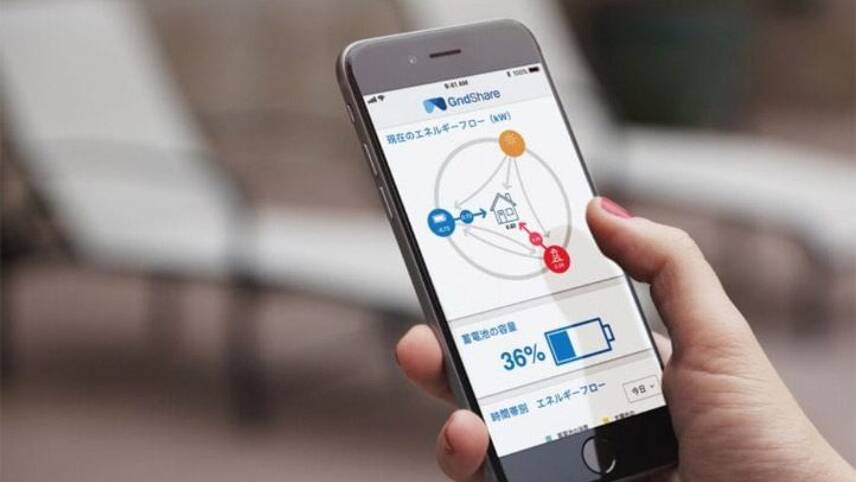Register for free and continue reading
Join our growing army of changemakers and get unlimited access to our premium content

Japan is regarded as having one of the world's most developed battery industries
Moixa first began installing home batteries in Japanese homes in late 2018. Within one year, it had surpassed 10,000 installations and, this week, the firm has marked the installation of its 20,000th unit.
The batteries are connected via Gridshare – Moixa’s artificial intelligence software platform. Gridshare enables the fleet of batteries to react to market signals around energy prices, energy demand and the carbon intensity of the grid mix. As such, their users can provide energy services to the grid and assist with balancing as demand changes and as more renewable generation comes online.
Moixa announced its 20,000th home battery as it confirmed that it has secured £4.6m of new investment.
The investment pot was led by Japanese corporate giant Itochu, which has an arm producing batteries and renewable energy generation infrastructure components such as wind turbines. It will be split between Moixa’s AI-enabled battery projects in Japan, the UK, the US and mainland Europe.
In the UK, Moixa is contributing to virtual power plant (VPP) schemes in Barnsley, Yorkshire and Worthing and Shoreham-by-Sea, West Sussex. VPPs integrate solar panels, batteries and electric vehicle (EV) infrastructure to deliver low-carbon power and improved energy security for local council housing, private residential properties, transport infrastructure and commercial properties.
A proportion of the new funding will also be allocated to a new smart EV charging scheme, due to be co-launched with Honda later this summer. Called e:PROGRESS, the scheme will offer a subscription service for smart EV charging and will launch in the UK before rolling out to Germany. It follows on from successful trials of vehicle-to-grid technologies (V2G) in Islington, London, by Moixa and Honda in 2018 and 2019.
Moixa’s chief executive Simon Daniel has argued that AI-enabled flexible energy technologies should form an “essential” part of any “intelligent green recovery from Covid-19”.
“AI technology gives us the edge we need as societies to accelerate the shift from fossil fuels, without placing unbearable costs on consumers,” Daniel said.
“Our pace of growth in Japan alone shows a clear demand for smart, scalable solutions for the energy transition. By automatically optimising our homes, electric car charging and energy systems to use the cleanest and cheapest power available, we can create a new energy economy that benefits everyone.”
Future plans
In addition to the £4.6m investment round, Moixa is aiming to raise a further £10m by the end of the year.
It claims that the funding will enable it to accelerate the rollout of e:PROGRESS, helping businesses and governments reap the climate and economic benefits of the EV transition post-lockdown.
The funding will also be used to expand existing flexible energy projects to which Moixa is contributing in mainland Europe, the UK, Ireland and Canada. Electricity network operators are notably already working in partnership with Moixa in the UK (UK Power Networks), Canada (Eguana) and Ireland (Eirgrid). In Ireland, the Government is providing a €2,400 grant for homeowners who install domestic solar, batteries and an EV charger.
Sarah George


Please login or Register to leave a comment.